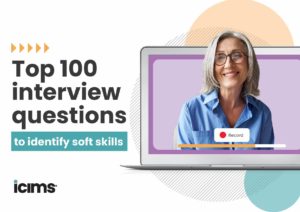

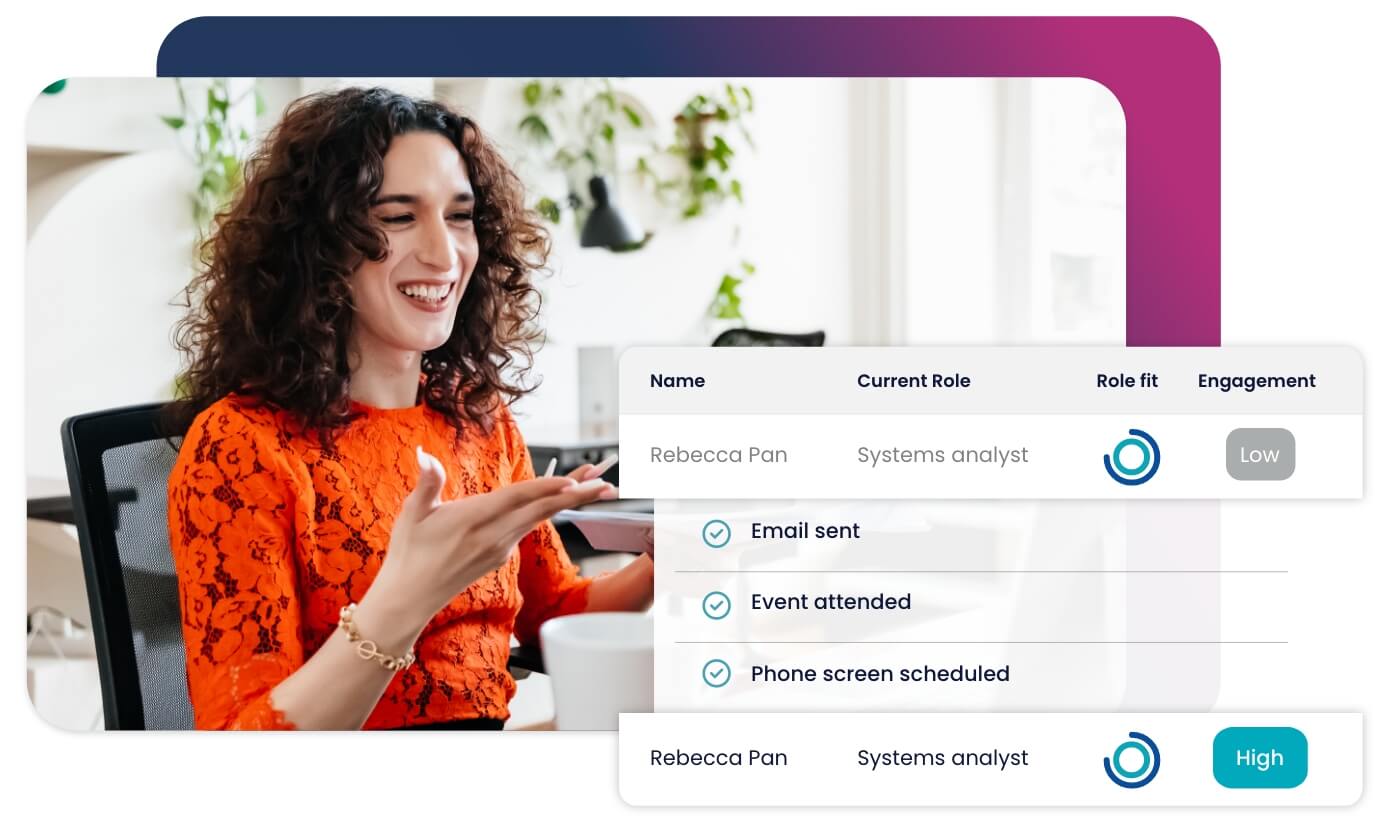



Accelerate hiring key talent to deliver care and exceed patient satisfaction.

Attract skilled candidates, speed up hiring and grow expertise in your workforce.

Simplify recruiting finance and banking talent with a platform for hard-to-fill roles.


Build a talent pipeline that engages and drives your business forward.


See how diverse and global enterprises use iCIMS to employ millions, drive innovation and connect communities worldwide.

Learn how a beloved restaurant hires 40,000+ annually with a great candidate experience.
Uncover unique market insights, explore best practices and gain access to talent experts across our library of content.

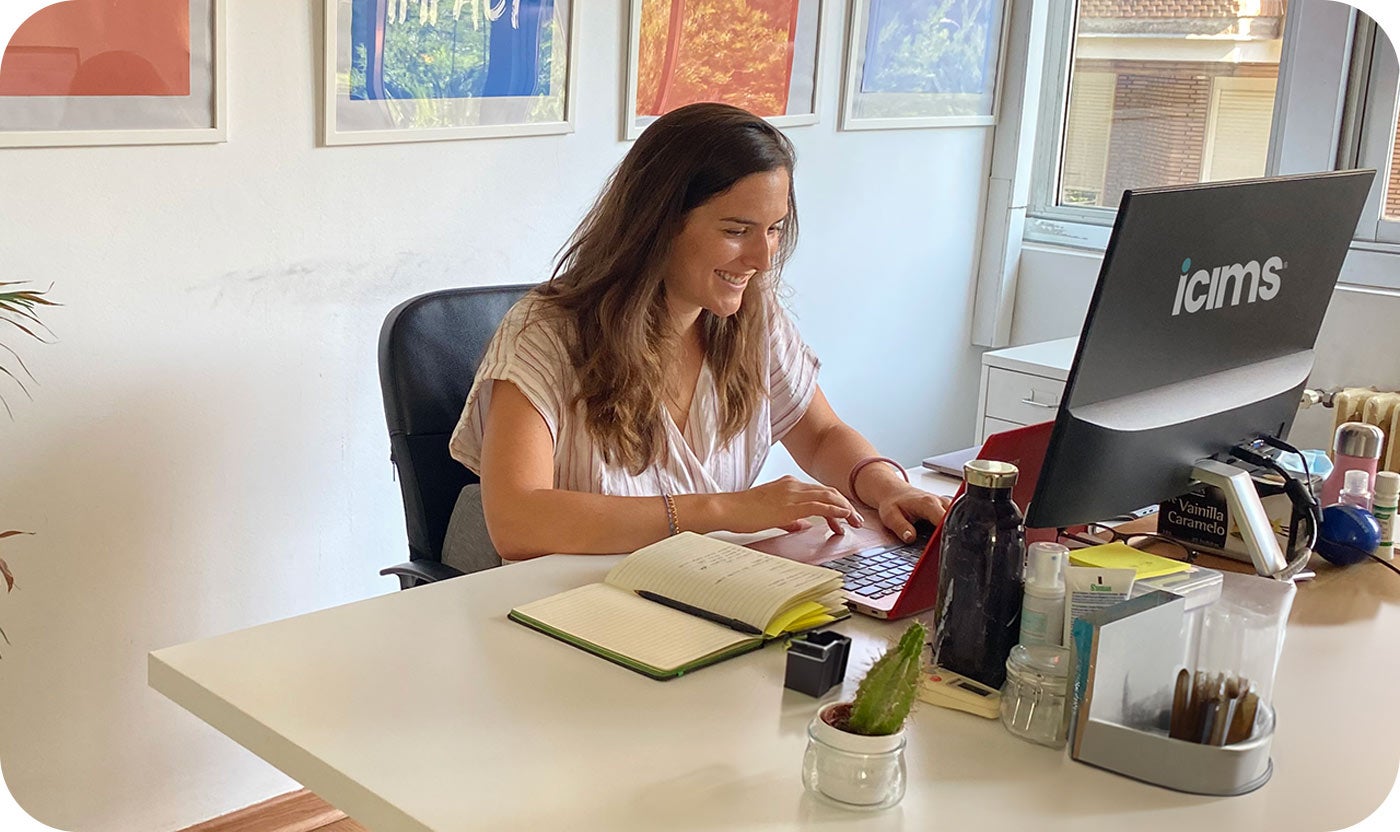
View press releases, media coverage, the latest hiring data and see what analysts are saying about iCIMS.

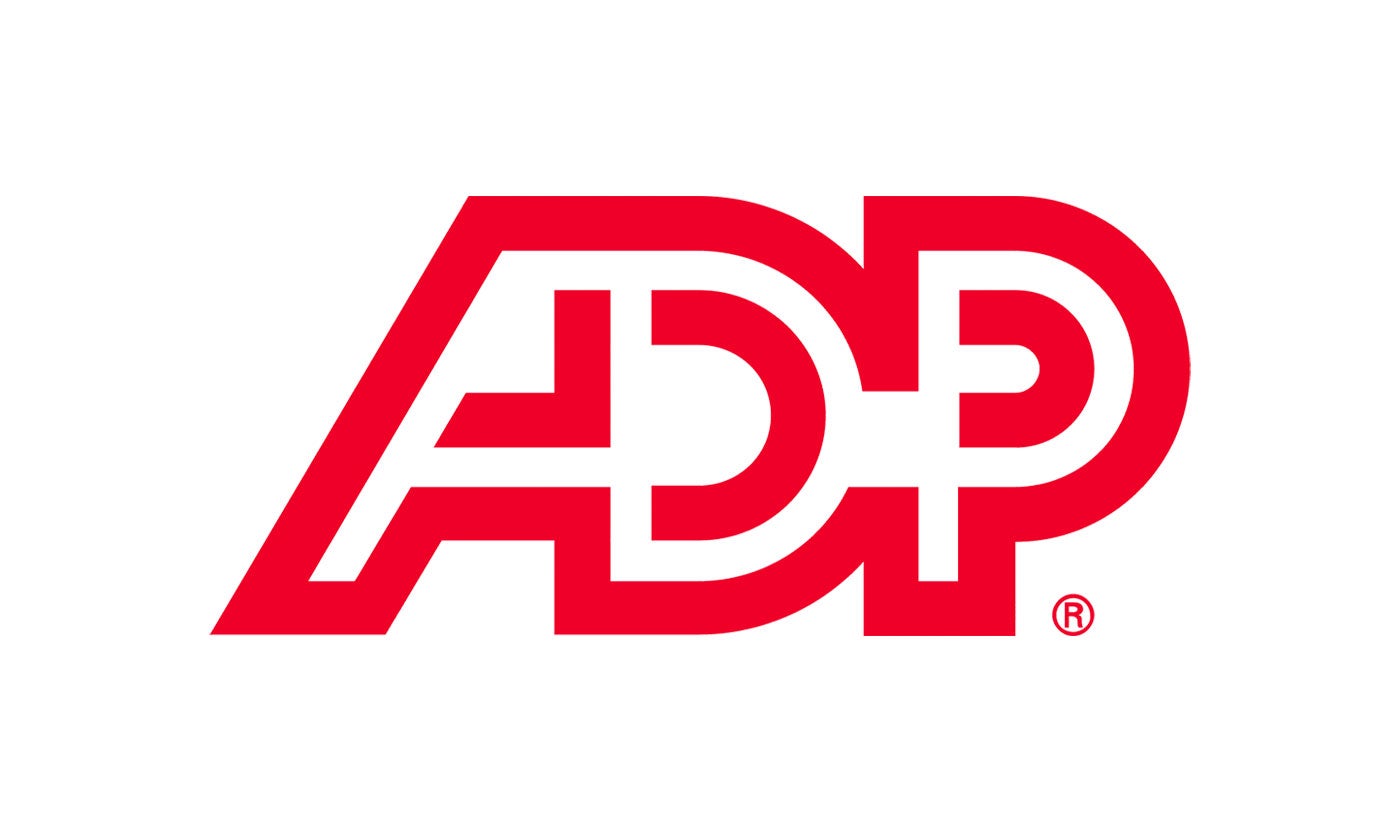
Streamline your tech stack and take advantage of a better user experience and stronger data governance with ADP and iCIMS.
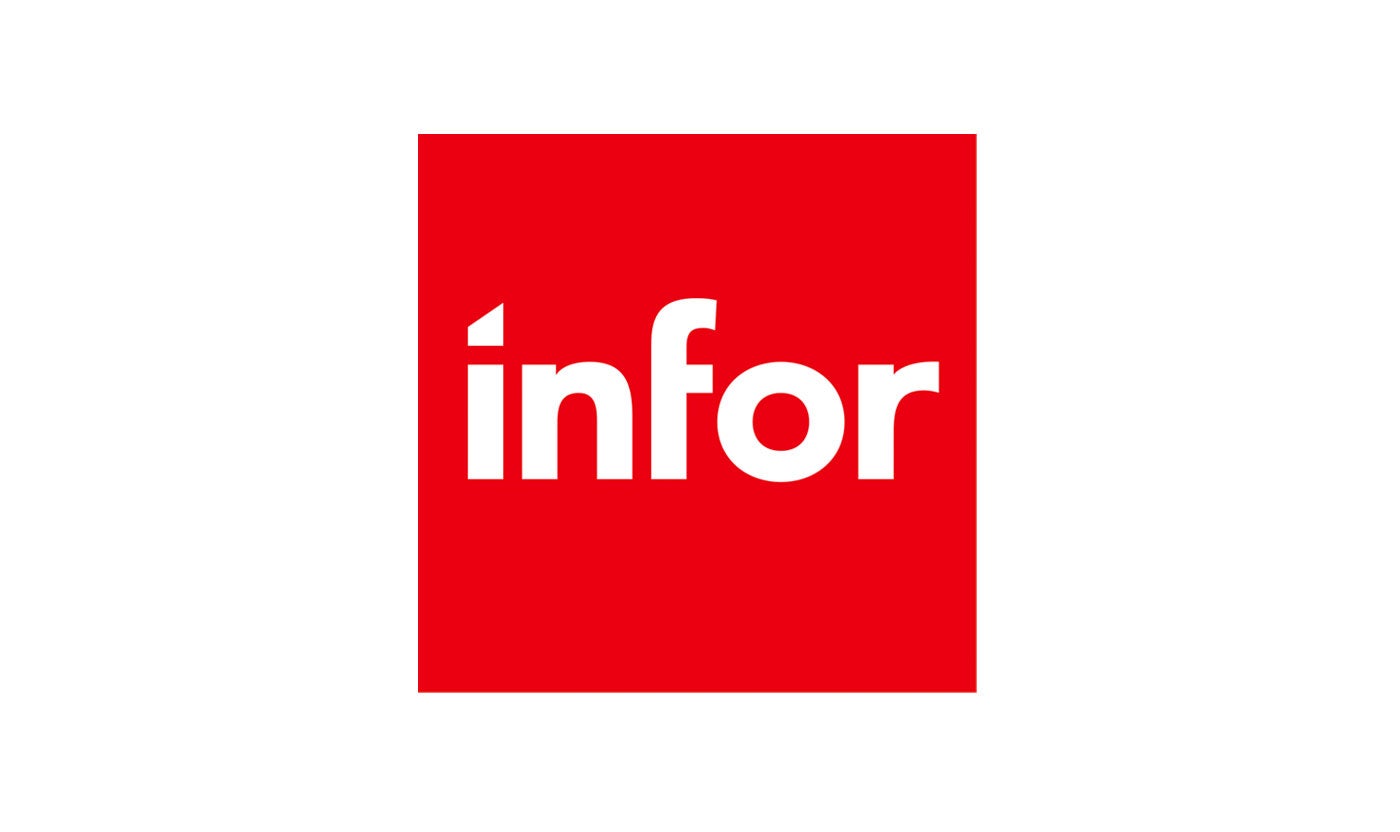
The combined power of iCIMS and Infor helps organizations strategically align their business and talent objectives.
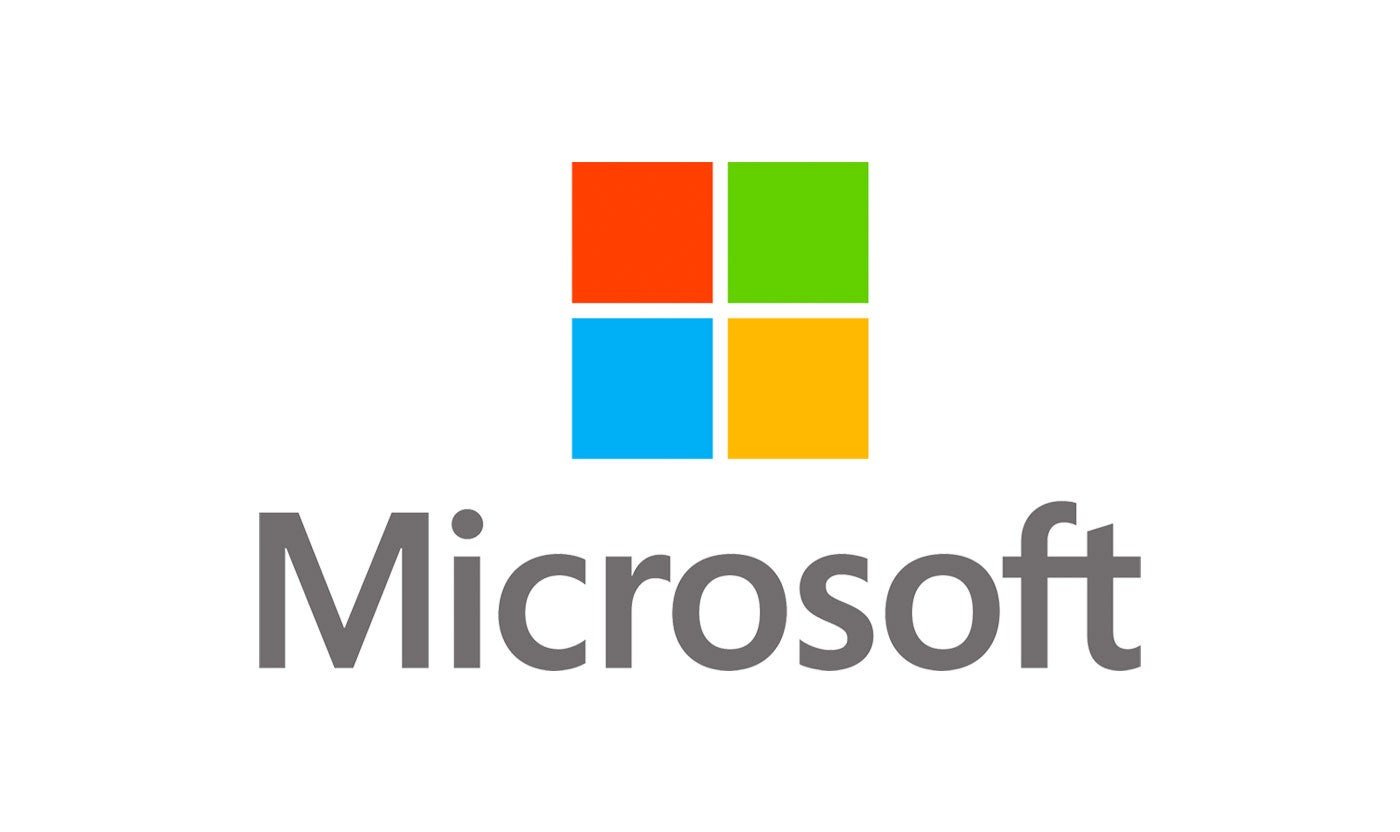
Our award-winning partnership with Microsoft is grounded in a shared desire to transform the workplace and the hiring team experience.
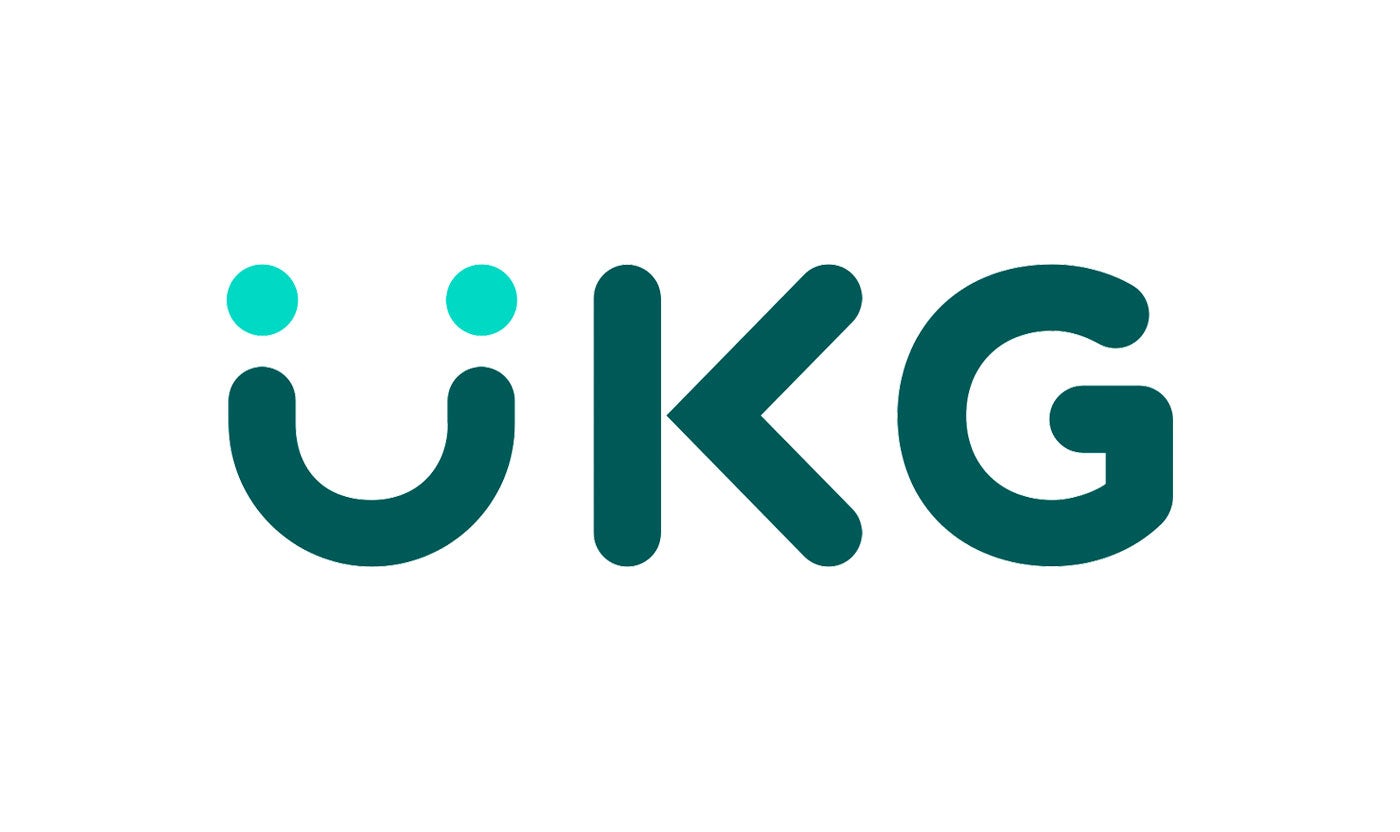
Our partnership with Ultimate Kronos Group (UKG) supports the entire talent lifecycle by bringing frictionless recruiting solutions to UKG Pro Onboarding.

There’s a difference between knowing how to operate an MRI scanner and knowing how to deliver the results to a patient. Not everyone knows how to work an MRI. That’s a hard skill. Being able to read the results is also a hard skill. Both can be learned with the right training and experience.
Knowing how to deliver those results with clarity and empathy? That’s a soft skill. It’s harder to define soft skills because they’re things most of us can do, just not at the same level. Experience, mentorship, and having the right outlook can help employees improve their soft skills – but it’s difficult to train for them by reading a manual or attending a workshop.
That’s why it’s fundamentally important to hire candidates with strong soft skills, especially in the healthcare industry. That goes double right now, as career changes, pandemic fatigue, and early retirements over the last few years have exacerbated a staffing shortage.
It’s easy to overlook soft skills when you’re operating with a skeleton crew. Soft skills like adaptability, teamwork, and a good bedside manner are needed now more than ever. Read on for what to look for.
Check out our Top 100 interview questions to assess for soft skills.
The ability to make yourself understood is key in healthcare, whether you’re talking through a diagnosis or reconciling invoices with an insurance company. Candidates should be able to communicate well with team members in different roles and with different communication styles to their own. Clarity, empathy, and professionalism are all key here.
Healthcare is a collaborative, mission-driven industry. The best candidates will be those who can show a history of success working in teams and in group settings. In an industry where burnout is high, it’s important that candidates are aligned to the mission and values of your organization.
The healthcare industry is fast-paced and dynamic. Successful candidates will be those who can adapt to rapid changes without missing a beat. This might mean taking on new responsibilities or challenging situations at a moment’s notice. Candidates should also demonstrate the ability to be cool under pressure and remain clearheaded as challenging situations arise.
In a service-oriented industry like healthcare, understanding and respecting patients is vitally important. Healthcare professionals should be sensitive to patient needs and develop meaningful relationships to promote a sense of trust and respect. Healthcare employees should also show empathy towards colleagues, acknowledging that some days are harder than others and that operating short-handed is difficult in the best of times.
Knowing how to manage one’s time is important for healthcare employees, especially if they’re juggling multiple responsibilities. Prioritizing workload and executing multiple tasks at the same time goes a long way. Candidates should also demonstrate the ability to quickly reprioritize due to last-minute scheduling adjustments or unforeseen events.
Identifying soft skills can be tough, especially when you have a limited amount of time in an interview. The right questions can help you have a deeper, more revealing discussion with your candidate. For more on that, check out our guide to top 100 interview questions that identify soft skills by clicking the banner below.
